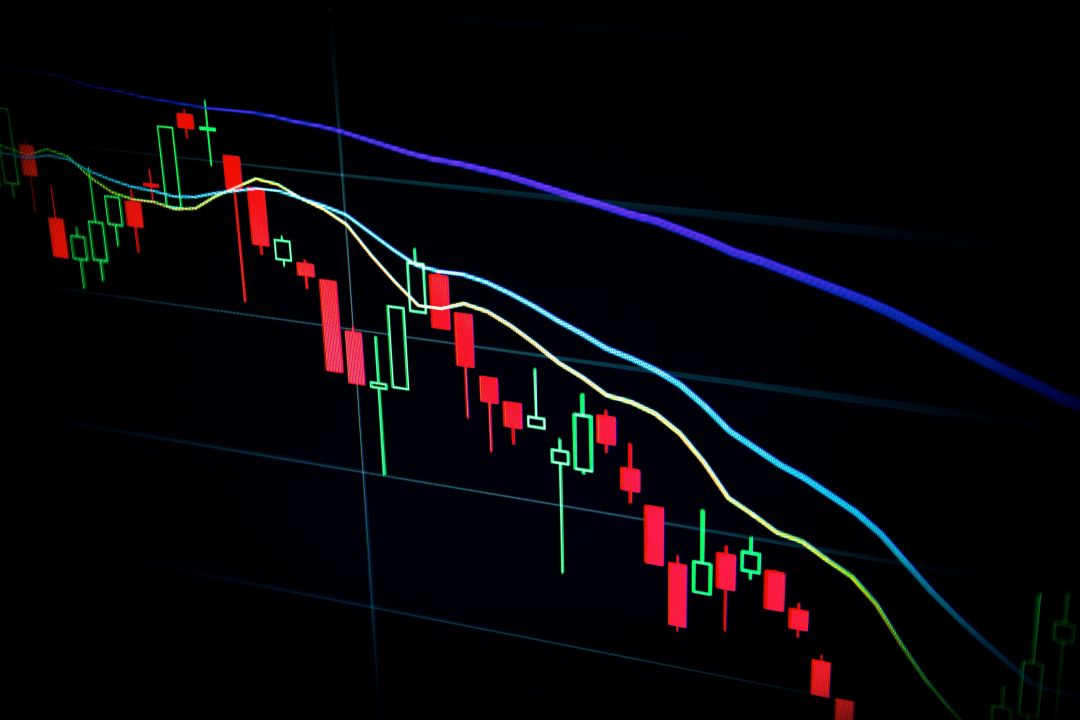How to Avoid Common Forex Trading Mistakes That Cost You Money
Forex trading, also known as foreign exchange trading, offers immense profit opportunities. However, it also comes with significant risks. Many traders, particularly beginners, make avoidable mistakes that can result in substantial financial losses. Understanding and avoiding these common pitfalls can drastically improve your trading success and protect your capital. This article explores the most frequent mistakes in forex trading and provides practical advice on how to avoid them.
Table of Contents
1. Forex Needs a Trading Plan
One of the most common mistakes forex traders make is trading without a well-defined plan. A trading plan outlines your strategy, risk management rules, entry and exit criteria, and trading goals. Without a plan, traders are more likely to make emotional decisions that lead to losses.
Solution: Develop a detailed trading plan and stick to it. Your plan should include:
- Your trading goals
- Risk-reward ratios
- Preferred currency pairs
- Indicators and strategies
- Money management rules
Consistency in following your plan helps reduce impulsive decisions and increases the chances of long-term success.
2. Never Overleveraging Your Trades
Leverage allows traders to control larger positions with a smaller amount of capital. While it can magnify profits, it also increases the risk of significant losses. Many traders misuse leverage, hoping to make big profits quickly, only to see their accounts wiped out.
Solution: Use leverage cautiously. Start with low leverage, such as 10:1 or even 5:1, until you gain more experience. Always calculate the potential loss before entering a trade and ensure you can withstand it.
3. Poor Risk Management
Neglecting risk management is another critical error. This includes risking too much on a single trade, not using stop-loss orders, or failing to diversify your trades.
Solution: Adopt strict risk management practices:
- Never risk more than 1-2% of your trading capital on a single trade.
- Use stop-loss orders to limit potential losses.
- Diversify your portfolio to spread risk.
Effective risk management protects your capital and allows you to survive losing streaks.
4. Trading Without Education
Jumping into forex trading without proper education is akin to gambling. Understanding how the forex market works, what influences currency prices, and how to use trading tools is essential.
Solution: Invest time in learning before you start trading live. Read books, take online courses, follow reputable trading blogs, and practice with demo accounts. Stay updated on global economic news and understand how it affects currency movements.
5. Letting Emotions Drive Decisions
Fear, greed, and impatience are dangerous emotions in trading. Traders often hold onto losing positions hoping for a reversal or exit too early from winning trades out of fear of losing profits.
Solution: Learn to control your emotions. Develop discipline by:
- Sticking to your trading plan
- Using predetermined entry and exit points
- Avoiding trading when emotionally distressed
Consider journaling your trades to understand how emotions influence your decisions and work on improving emotional discipline.
6. Chasing the Market
Many traders fall into the trap of chasing the market after a big move, fearing they will miss out. This leads to entering trades too late and losing when the trend reverses.
Solution: Be patient and wait for your trade setups. Use technical analysis to find entry points. If you miss a trade, move on and wait for the next one. There will always be more.
7. Ignoring Economic News and Events
Forex markets are heavily influenced by economic indicators and geopolitical events. Ignoring these can lead to surprises that blow up your positions.
Solution: Follow an economic calendar and be aware of major news releases like interest rate decisions, employment data, and inflation reports. Don’t trade during high-impact news unless you have a strategy for volatility.
8. Overtrading
Overtrading happens when traders take too many positions or trade too often, often to recover losses or out of boredom.
Solution: Focus on quality over quantity. Only take trades that meet your criteria. Set a maximum number of trades per day or week to avoid burnout and overexposure.
9. Failing to Adapt to Market Conditions
Market conditions can change fast. A strategy that works in a trending market may not work in a ranging market.
Solution: Learn to identify different market conditions and adapt your strategies accordingly. For example, use trend following strategies during strong trends and range-bound strategies when the market is consolidating.
10. Not Reviewing and Improving
Many traders don’t review their trades and learn from their mistakes, so they repeat the same errors.
Solution: Keep a trading journal. Record each trade’s entry, exit, reasoning and outcome. Review your journal regularly to find patterns in your behavior and strategy performance. Use this to make continuous improvements.
Conclusion
Forex trading is tough but rewarding. Avoiding mistakes is key to preserving your capital and building a successful trading career. With a solid trading plan, proper risk management, staying educated, and emotional discipline, you can increase your chances of long-term success in the forex market. Remember, trading is a marathon, not a sprint. Take the time to learn, practice, and refine your approach, and you will be better off in achieving your financial goals.



